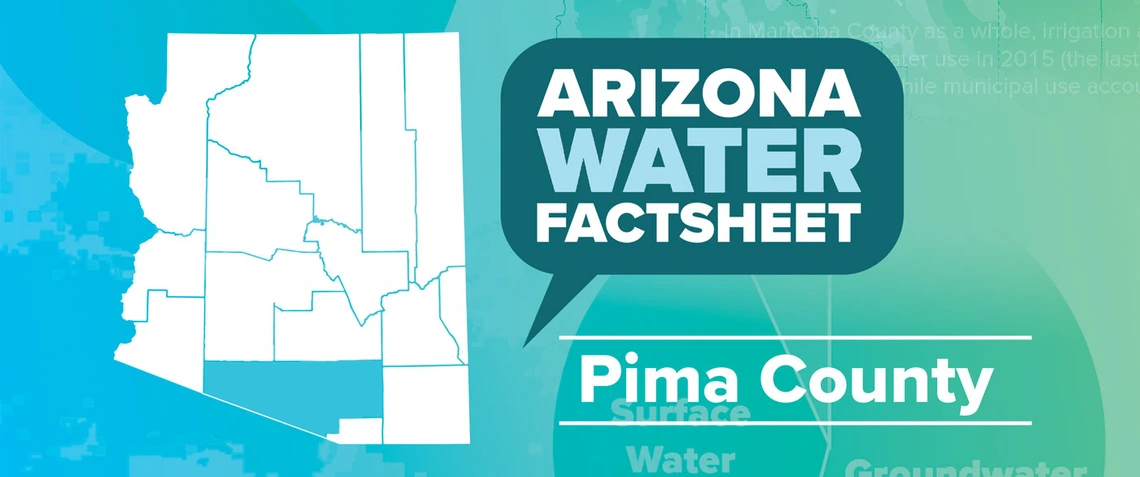
When
Where
Speaker(s)
The Arizona Water Factsheet series was undertaken by the UArizona Water Resources Research Center (WRRC) to help address the local nature of water challenges and solutions in the state. This initiative aims to accomplish a simple yet challenging task – create a succinct resource that answers common questions about water resources for every county in Arizona. The WRRC draws upon a wide range of water-related data for state, regional, and county-wide scales, which are narrowed based on local Technical Advisory Committees' (TAC) input. For the Pima County factsheet, the TAC included staff from Pima County, Cooperative Extension, Pima Association of Governments, and others. This process of pooling potential water topics and available data, and then evaluating and improving the product with local experts, results in relevant and trustworthy factsheets. This presentation will explore the stakeholder-driven process for producing the Arizona Water Factsheets, including for Pima County, and will cover a range of water topics tailored to the unique characteristics of the county.
 Kathleen Chavez follows water resource issues affecting Pima County and evaluates their policy implications. Her focus areas are drought management, water reuse, water rights and underground storage. She develops, collaborates, and implements water policy and advises on water resource matters impacting Pima County. She has over 30 years of experience in water and wastewater management in the public sector. She is a civil engineering graduate of the University of Arizona and a registered professional engineer.
Kathleen Chavez follows water resource issues affecting Pima County and evaluates their policy implications. Her focus areas are drought management, water reuse, water rights and underground storage. She develops, collaborates, and implements water policy and advises on water resource matters impacting Pima County. She has over 30 years of experience in water and wastewater management in the public sector. She is a civil engineering graduate of the University of Arizona and a registered professional engineer.
 Michael Seronde is a program manager at the UArizona Water Resources Research Center. His responsibilities at the WRRC include the planning, coordination, and implementation of Center outreach efforts and working with the Water RAPIDS team on stakeholder driven watershed planning and regionally relevant research.
Michael Seronde is a program manager at the UArizona Water Resources Research Center. His responsibilities at the WRRC include the planning, coordination, and implementation of Center outreach efforts and working with the Water RAPIDS team on stakeholder driven watershed planning and regionally relevant research.

